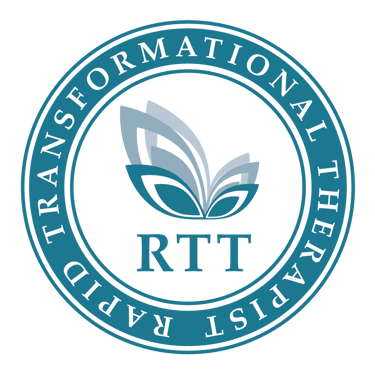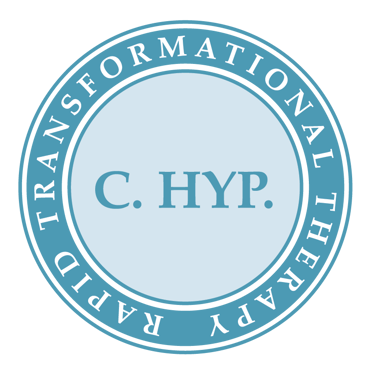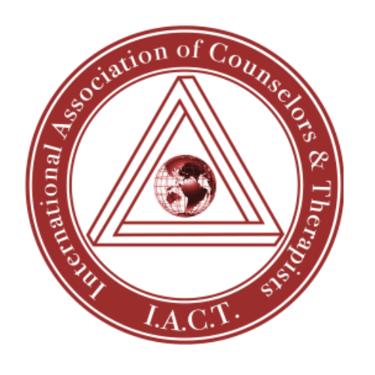
What Chronic Pain Teaches You About Life, Health, and Being Seen
When people hear “autoimmune disease,” they often imagine someone who is visibly ill, tired, or confined to a bed. But for many who live with these conditions, the real challenge isn’t what others can see.
This is the story of what it’s like to live in a body that’s fighting itself and how you could find your way back to peace within it.
When the Body Turns on You
Abrial Pang, who was diagnosed with ankylosing spondylitis at 21, the pain arrived like a silent storm.
Some mornings he’d wake up unable to walk properly. Other days, he’d limp to work, pretending everything was fine. On the outside, he looks fit, driven and capable, just like any other young professional. But on the inside, his immune system is at war.
There are over 80 known types of autoimmune diseases and it can attack any part of the body - joints, muscles or organs. What makes them particularly cruel is their unpredictability. One day, you’re running up the stairs and the next day, you find yourself having difficulty getting out of bed.
And because pain doesn’t always leave visible marks, people often don’t understand. They ask, “You look fine, what’s wrong?” As innocent as the question sounds, all autoimmune disease patients wish they knew the answer.
The Invisible Battle
Chronic pain is invisible, constant, and deeply personal. For those living with autoimmune diseases, pain becomes a companion. You learn to measure your days not by hours, but by symptoms. You plan around flares. Your energy becomes a limited resource so you ration energy the way others budget money.
It is a lonely journey when one is surviving something no one else can see. Not only it requires tremendous strength to manage the day to day symptoms, explaining your body to people who will never quite understand what it’s like to be betrayed by your own body feels like mission impossible.
When Illness Becomes Identity
For many young adults like Abrial, or like my sister who lived with severe thyroid issues before her body finally gave up, illness comes too early and too unexpected. Patients and their loved ones are often left feeling helpless and hopeless when doctors say there's no cure to autoimmune diseases.
My sister was only 42. She had hyperthyroidism that flipped into hypothyroidism. She went from sweating non-stop to gaining weight within weeks. Her joints hurt, her muscles screamed and her energy disappeared.
Watching her suffer until her body gave up changed everything for me. A year after she passed, I was also diagnosed with Graves’ disease. I still remember sitting in the doctor’s office in shock when I heard "There's no cure for autoimmune diseases, it can only be managed by medication and you will likely have this for life."
Sounds like a life sentence. And no, I refuse to believe my body would be broken forever.
Healing the Hard Way
It took me three years to truly heal. Not through miracle pills or some magical routine, but through patience, therapy, movement, and listening - really listening - to my body.
According to Sigmund Freud, "Unexpressed emotions will never die. They are buried alive and will come forth later in uglier ways." Every time I pushed through exhaustion and said “I’m fine” when I wasn’t, or when I swallowed grief instead of feeling it, my body took the hit.
The body is intelligent. Its one and only job is to protect us and to keep us safe. It misfires because it thinks we are in danger. Autoimmune diseases, simply put, are the body’s confusion. It is an overreaction from too much long-term stress, trauma, or suppression.
Once I began clearing the emotional noise and begin taking care of my body, things started shifting. I had to re-teach my body that it is safe and there's no need to go into fight mode. Slowly, the symptoms subsided and my thyroid stabilized. Even my endocrinologist was surprised.
Perhaps healing isn’t about fixing what’s wrong because there is nothing wrong. Our factory settings are perfect, it simply got confused because of our habits and tendency to push beyond our physical limits.
The Courage to Be Seen
What struck me about Abrial’s story was his honesty, his courage to show up for life even when his body refused to cooperate. He goes to the gym, boxes, works in insurance, and faces the same doubts every invisible patient does: Do people believe me? Am I too much? Will they think less of me?
The world rewards resilience but rarely knows what it costs to look “normal” while suffering internally. Having said that, there’s also grace in saying, “This is me. I’m doing my best. And today, my best might look different.”
The Kindness That Heals
If there’s one lesson chronic illness teaches, it’s kindness. When you’ve lived inside pain long enough, you start seeing others differently. You realize that everyone’s carrying something invisible - fear, fatigue, grief, self-doubt.
You stop judging others by appearances because you know too well how deceptive they can be. You start to ask softer questions, listen longer, love deeper because you've been there. The truth is, autoimmune disease can be like a time bomb, you never really know when the next flare will hit or how quickly things might change, which is why every moment of peace and strength feels so precious.
Coming Full Circle
Today, I’m healthy and I am grateful. I don’t take medication. I exercise, I eat well, and I live fully. Though the experience had left a mark, it now serves as a reminder that life is a gift and a healthy body doesn’t happen by accident.
It taught me that healing isn’t linear, and it’s never just about the body. Health begins with awareness of your mind, body, and soul. It’s about learning to rest when you’re tired, cry when you need to, and forgive yourself for being human.
Most of all, it’s about faith - not in medicine or fate, but in the body’s natural wisdom to find its way back home when you stop fighting it because your body isn’t broken, it is simply misunderstanding the signals. When you finally allow yourself to relax and listen to your body, it always tells you what it needs.
In memory of my sister, and to everyone silently fighting battles their bodies didn’t choose, you are not alone. Your story, like Abrial’s, deserves to be seen.
If you’re reading this and your body is struggling with pain, exhaustion, or something you can’t quite explain, please don’t lose hope. Your body is trying to communicate with you. It’s asking for your attention, your care and your compassion.
Healing begins the moment you stop fighting yourself and start listening.
If this story resonates with you, know that you don’t have to figure it out alone. Healing can feel overwhelming, and working with a professional can make the journey easier and more effective. The sooner you start, the sooner your body can return to the way it’s meant to function naturally, effortlessly, and in harmony.
If you’re ready to begin, I’d love to guide you on your healing journey. ❤️

CONTACT US
Therapy and coaching are not intended to diagnose, treat, or replace medical or psychiatric care. Clients are advised to consult and follow their licensed healthcare provider’s instructions.
© 2026. All rights reserved.








$100 off Room & Board at PWDR